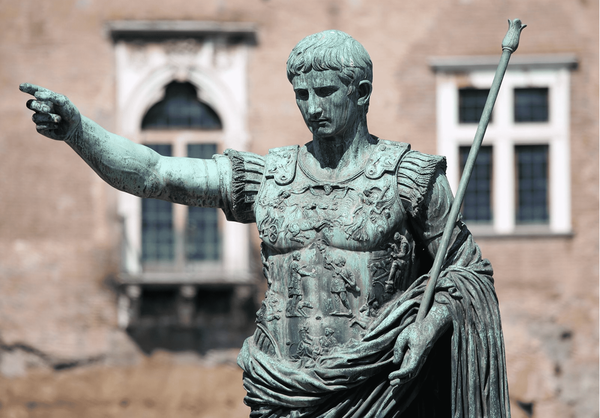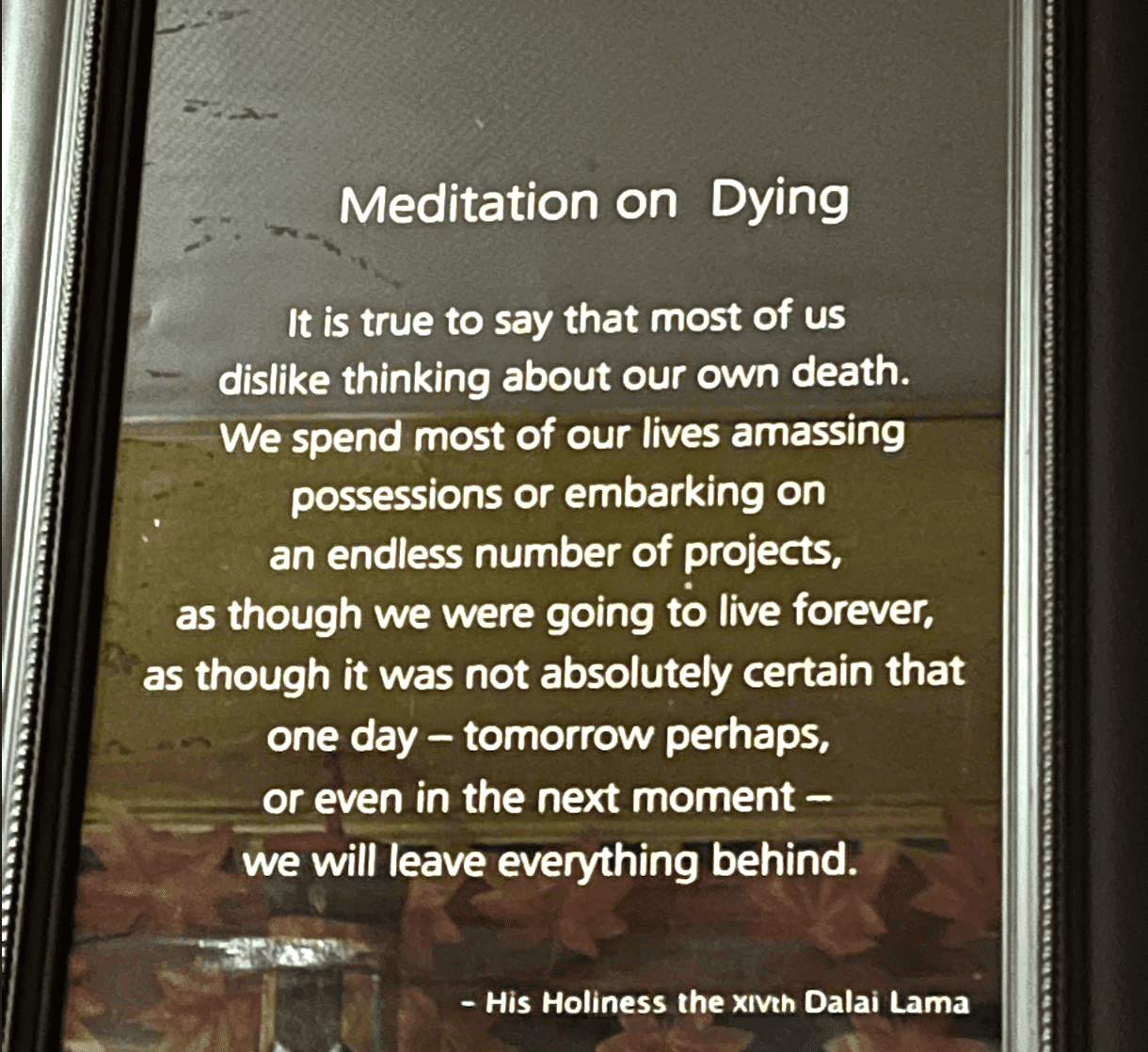
history
The Cardinal Rule of Rome
In languor, potentia.

history
In languor, potentia.

death
What can we learn from the Dalai Lama about facing death and the legacy we leave behind?
death
Fear is the cause of every problem. It’s the root of all prejudices and the negative emotions of anger, jealousy, and possessiveness. If you had no fear, you could be perfectly happy living in this world. Nothing would bother you. You’d be willing to face everything and everyone
favorite
Siddhartha looked into the river and saw many pictures in the flowing water. He saw his father, lonely, mourning for his son; he saw himself, lonely, also with the bonds of longing for his faraway son; he saw his son, also lonely, the boy eagerly advancing along the burning path
philosophy
For a while, he remained silently at the table after the eating was finished. Was he really a coward, as his son had so brutally pointed out? Certainly, in World War I, he considered himself one. He attributed his survival to it. But then, is there cowardice in the acknowledgment
philosophy
In addition to the relaxation responses induced by supportive community, faith in a higher power may also induce positive emotions, which counteract stress and contribute to the state of physiological rest necessary for the body to repair itself. People with faith in a higher power are also likely to experience
fashion
Ye and Virgil embracing at Virgil’s first Louis Vuitton show. An immortal moment https://t.co/IfV0SJ2EaV (View Tweet) So much has happened to the people in this video since it was taken. Kanye, Kim, Chadwick in the audience, Virgil. Crazy, man. Life comes at you fast. The angel
economics
“Plans are best-case scenarios. Let’s avoid anchoring on plans when we forecast actual outcomes. Thinking about ways the plan could go wrong is one way to do it.” (Location 2107) Unless you are Sydney Sweeney, in which case make a powerpoint that will come true 202212200240 Something to think